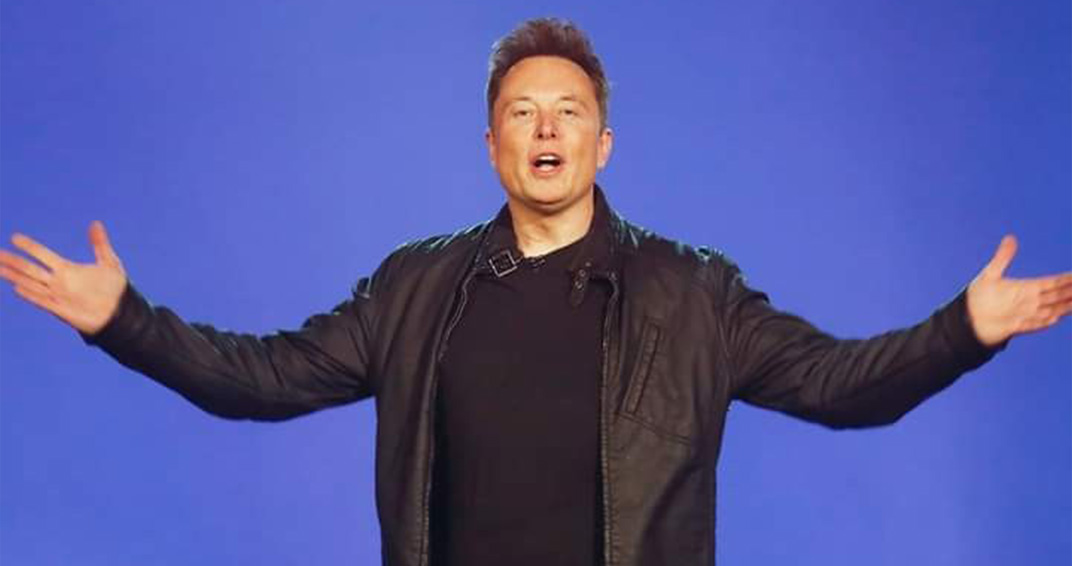
Sep
KIU Teaching Hospital Strengthens Partnership With Kitagata General Hospital
September 5, 2024, 9:40 am
 Umar Kisekka
Umar Kisekka

By Rogers Wanambwa
KIU, Main Campus – The board of Twitter has agreed to a $44bn (£34.5bn) takeover offer from the billionaire Elon Musk after he made the shocking bid less than two weeks ago, saying Twitter had "tremendous potential" that he would unlock.
Musk also called for changes, including relaxing Twitter's content restrictions to eradicating fake accounts.
Initially, the company had overlooked Musk's bid, but it will now ask shareholders to vote to approve the deal.
According to Forbes magazine, Elon Musk is the wealthiest person globally, with an estimated net worth of $273.6bn, primarily due to his shareholding in electric vehicle maker Tesla, which he runs. He also leads the aerospace firm SpaceX.
"Free speech is the bedrock of a functioning democracy, and Twitter is the digital town square where matters vital to the future of humanity are debated," Musk said in a statement announcing the deal.
"I also want to make Twitter better than ever by enhancing the product with new features, making the algorithms open source to increase trust, defeating the spambots, and authenticating all humans," he added.
"Twitter has tremendous potential - I look forward to working with the company and the community of users to unlock it," part of the statement he tweeted read.
Twitter's shares will be delisted, and it will be taken private as part of the takeover, which is expected to close later this year.
Mr Musk has suggested this will give him the freedom to make the changes he wants to the business.
Among other ideas, he has suggested enabling longer posts and introducing the ability to edit them after publication.
Twitter shares on Monday closed more than 5% higher after the deal was announced.
However, the price stayed lower than Mr Musk's $54.20 per share offer, showing that Wall Street believes he is overpaying for the firm.
Mr Musk has asserted he doesn't "care about the economics" of the purchase. However, he will take on a company with a chequered record of financial performance.
Inspite of its influence, Twitter has barely turned a profit, and user growth, particularly in the US, has slowed.
As it is, the company, founded in 2004, ended 2021 with $5bn in revenue and 217 million daily users globally - a portion of the figures declared by other platforms such as Facebook.
Kampala International University,
Box 20000, Ggaba Road, Kansanga, Kampala
+256-760 502660
+256-700 100808